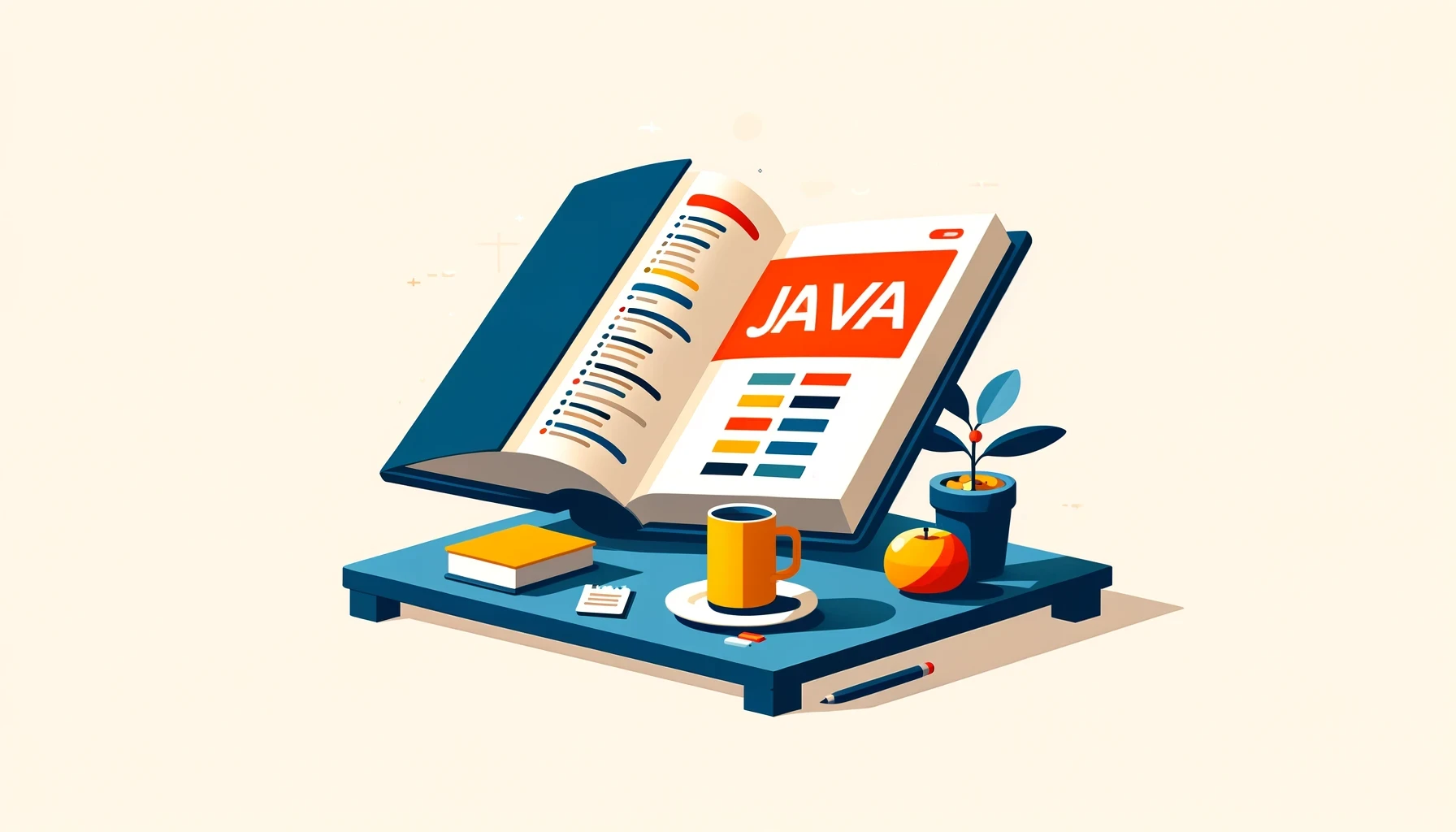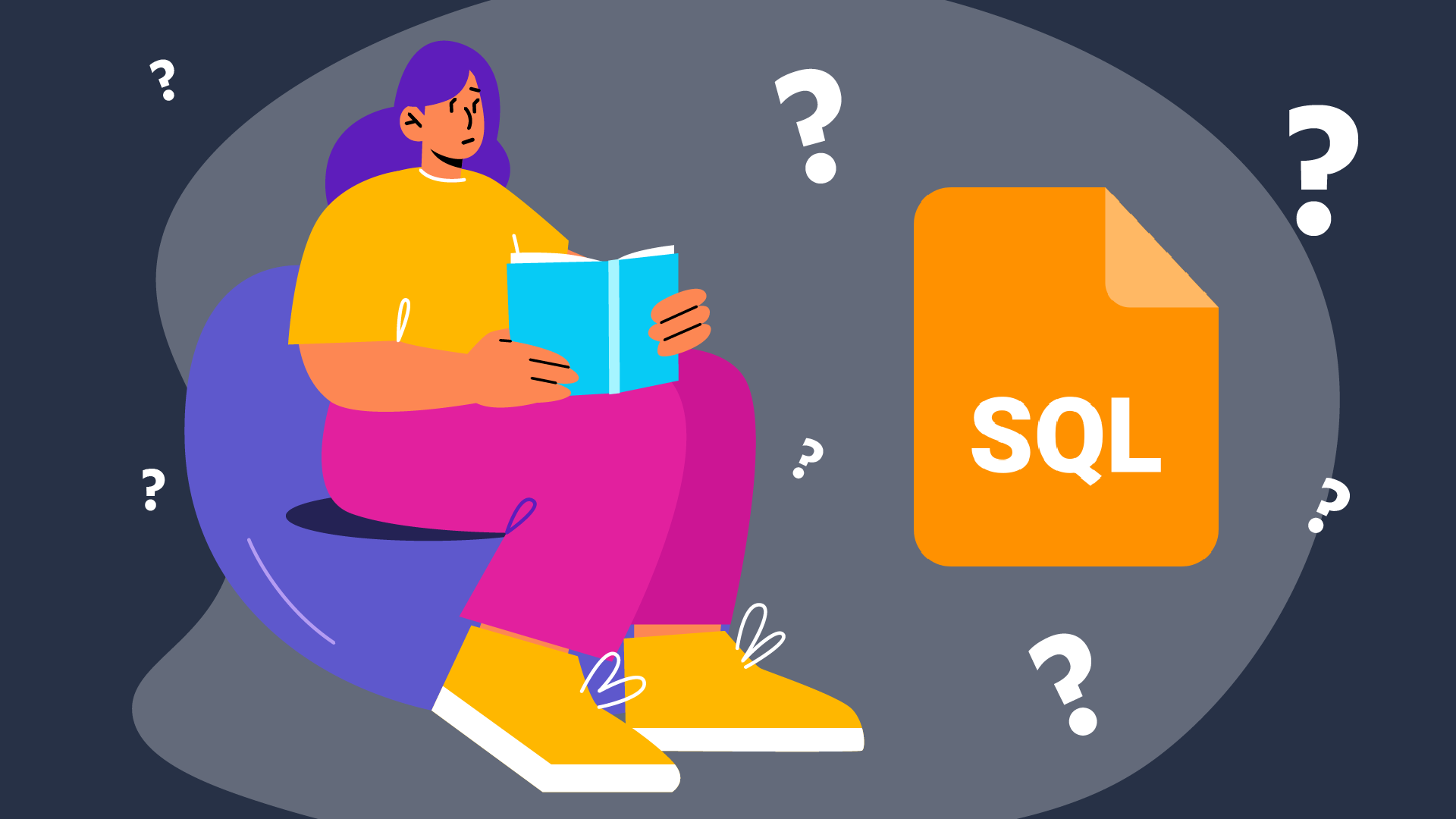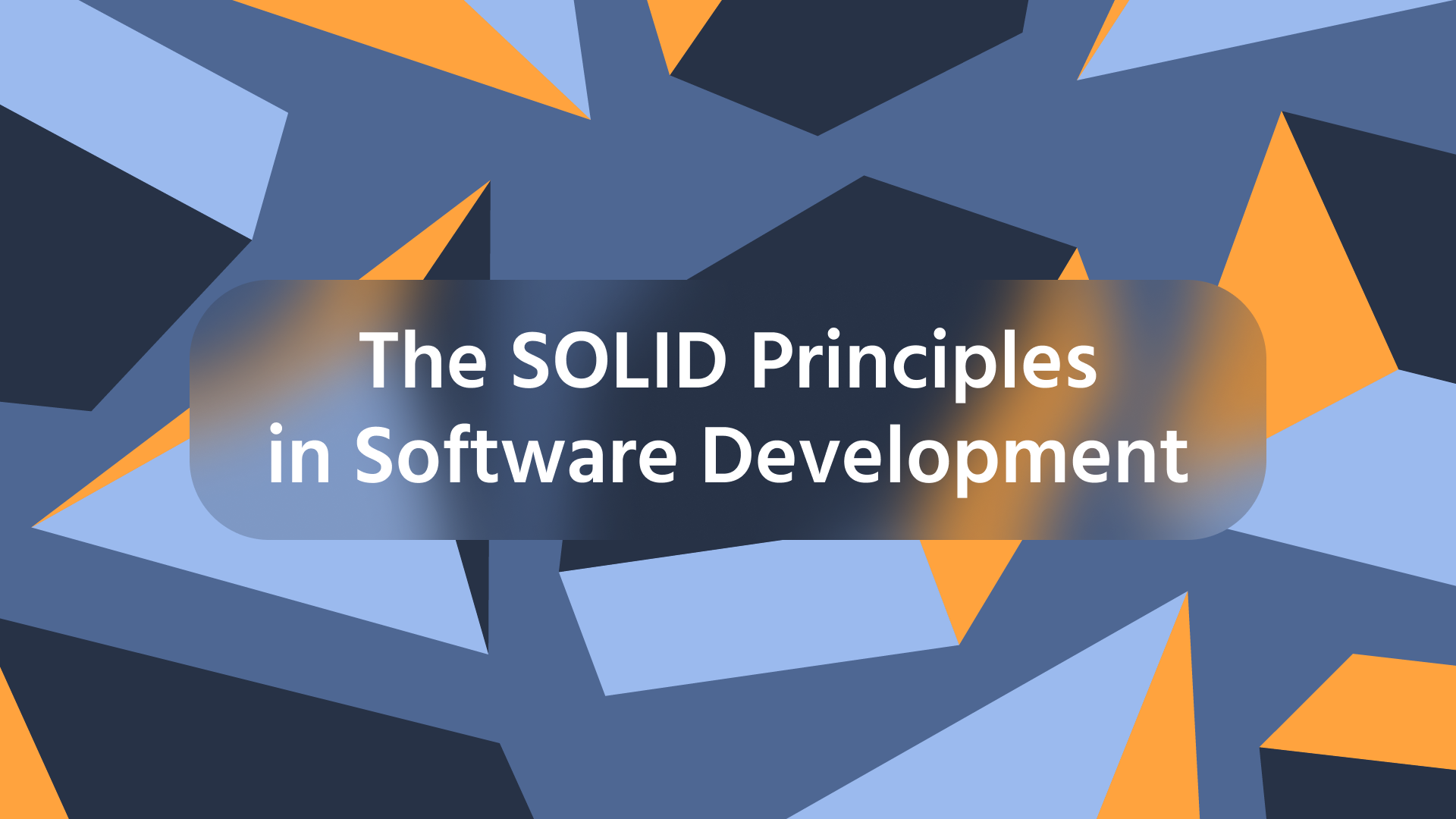Related courses
See All CoursesIntermediate
Flask Intensive Course: Web Development with Python
You will face 100% hands-on practice and complete the project by the end of the course. This course is perfect for those who have never worked with Flask before. You will acquire the expertise to effectively utilize Flask for your project development needs. You will embark on a journey to create your initial application, mastering the fundamentals, and progressively enhancing your project to unlock its full potential. I will guide you step-by-step during the course.
Intermediate
Django: Build Your First Website
This exciting course is designed for those who aspire to learn web development and create their own website using the powerful Django framework with the Python programming language. From the basics to advanced functionalities, the course offers everything you need to successfully launch your first web project.
Advanced
Django ORM Ninja: Advanced Techniques for Developers
Learn how to build applications using the Django ORM framework. This is the next step in expanding your knowledge of Django development.
Django vs Flask
Which Framework to Choose for Your Project

Django and Flask are two popular Python web frameworks. They each have their own advantages and disadvantages, which you should consider when choosing a framework for your project.
Django is a "full-stack" framework that includes all the necessary components for building web applications, such as:
- A database management system
- An authentication and authorization system
- A template system
- An error handling system
Django also offers a wide range of extensions that you can use to extend the functionality of your web application.
Flask is a more "lightweight" framework that provides only the basic components for building web applications.
Flask does not include a database management system, an authentication and authorization system, or a template system. You must develop these components yourself or use external libraries.
Django Advantages
-
Wide range of features: Django includes a wide range of features that are necessary for building web applications of any complexity.
-
Ease of use: Django has a well-thought-out structure and easy-to-learn documentation.
-
Large community: Django has a large and active community of developers that provides support and help.
Run Code from Your Browser - No Installation Required

Django Disadvantages
-
Heavyweight: Django can be heavy for beginners, as it includes many features that are not always necessary for small projects.
-
Not flexible: Django is a "opinionated" framework that offers a certain way of building web applications. This can limit the developers' capabilities.
Flask Advantages
-
Lightweight: Flask is a lightweight framework that is easy to learn and use.
-
Flexible: Flask is a flexible framework that allows developers to use their own way of building web applications.
Flask Disadvantages
-
Not all features: Flask does not include all the features that are necessary for building web applications of any complexity.
-
Small community: Flask has a smaller and less active community of developers than Django.
Start Learning Coding today and boost your Career Potential

Which Framework to Choose?
The choice of framework depends on your project requirements. If you are building a small project or do not have experience with web development, Flask may be a good choice. Flask is easy to learn and use and allows you to build web applications your own way.
If you are building a medium-sized or large web application, Django may be a better choice. Django includes a wide range of features that can save you time and effort.
Here are a few recommendations for choosing a framework:
-
Project size: If you are building a small project, Flask may be a good choice. If you are building a medium-sized or large web application, Django may be a better choice.
-
Your experience: If you do not have experience with web development, Flask may be a good choice. If you have experience with web development, you can choose either framework.
-
Your requirements: If you need certain features, such as a database management system or an authentication and authorization system, choose a framework that includes these features.
Finally, do not be afraid to experiment with different frameworks to find the one that best suits your needs.
FAQs
Q: Can I use Django for small projects?
A: Yes, you can use Django for small projects, but it may be considered heavyweight for very small projects. Flask might be a more lightweight choice in such cases.
Q: Is Flask only for beginners?
A: No, Flask is not exclusively for beginners. While it's beginner-friendly, its flexibility makes it suitable for both beginners and experienced developers working on various projects.
Q: Which framework is more customizable—Django or Flask?
A: Flask is generally considered more customizable due to its "micro" framework approach, allowing developers to choose components based on their preferences. Django, being a "full-stack" framework, is more opinionated.
Q: How does the community support compare between Django and Flask?
A: Django has a larger and more active community compared to Flask, providing users with extensive resources and third-party packages. Flask's community is smaller but robust.
Q: Can I use both frameworks together in a project?
A: While technically possible, using both frameworks in a single project is uncommon and may lead to complexities in development and maintenance.
Q: Which framework is better for RESTful APIs?
A: Both Django and Flask can be used for RESTful APIs. Django REST framework, an extension for Django, is powerful for building APIs. Flask's lightweight nature may be preferable for simpler or smaller API projects.
Q: Does Django's "batteries-included" philosophy hinder flexibility?
A: Django's "batteries-included" philosophy may be seen as limiting flexibility for some developers. Flask's minimalistic approach provides more freedom to structure applications.
Q: How does performance compare between Django and Flask?
A: Performance differences are often negligible, and both frameworks can handle various workloads. Actual performance depends more on implementation details and optimization efforts.
Q: Is there a learning curve for Django or Flask?
A: Django may have a steeper learning curve for beginners due to its comprehensive nature, while Flask's simplicity makes it more accessible. The learning curve is subjective and depends on individual preferences and experiences.
Q: Can I migrate from Flask to Django or vice versa?
A: While technically possible, migration can be challenging due to structural differences between the frameworks. It's generally more practical to choose the framework that best fits your project requirements from the start.
Remember, the choice between Django and Flask depends on your project needs, familiarity with each framework, and development preferences. Experimenting with both frameworks can help you determine the best fit for your goals.
Related courses
See All CoursesIntermediate
Flask Intensive Course: Web Development with Python
You will face 100% hands-on practice and complete the project by the end of the course. This course is perfect for those who have never worked with Flask before. You will acquire the expertise to effectively utilize Flask for your project development needs. You will embark on a journey to create your initial application, mastering the fundamentals, and progressively enhancing your project to unlock its full potential. I will guide you step-by-step during the course.
Intermediate
Django: Build Your First Website
This exciting course is designed for those who aspire to learn web development and create their own website using the powerful Django framework with the Python programming language. From the basics to advanced functionalities, the course offers everything you need to successfully launch your first web project.
Advanced
Django ORM Ninja: Advanced Techniques for Developers
Learn how to build applications using the Django ORM framework. This is the next step in expanding your knowledge of Django development.
The 80 Top Java Interview Questions and Answers
Key Points to Consider When Preparing for an Interview
by Daniil Lypenets
Full Stack Developer
Apr, 2024・30 min read

The 50 Top SQL Interview Questions and Answers
For Junior and Middle Developers
by Oleh Lohvyn
Backend Developer
Apr, 2024・31 min read

The SOLID Principles in Software Development
The SOLID Principles Overview
by Anastasiia Tsurkan
Backend Developer
Nov, 2023・8 min read

Content of this article